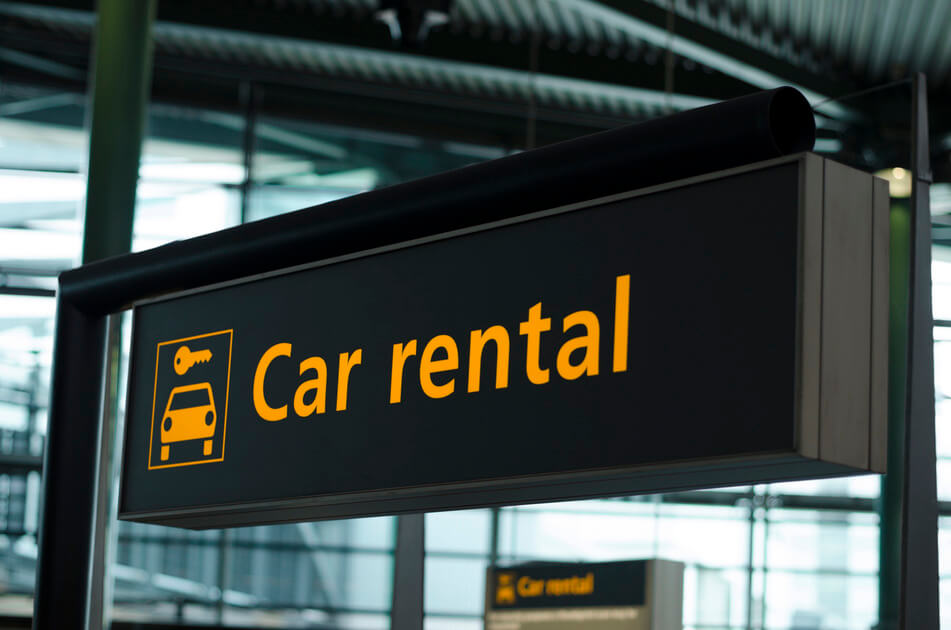There are many reasons why, even if you own a vehicle, you may embrace the idea of renting a car. Perhaps you’re travelling overseas and taking your vehicle with you is definitely not possible, you’re going on a business trip and driving to your destination will take you longer than the trip itself, or simply because you consider it more practical.
Whichever reason, you have to consider buying a rental car insurance policy. Hopefully, you won’t need it and you won’t have any issue or loss with the vehicle but, if you do, you’ll be thankful to have an insurance policy that covers you and that is ready to step in right away.
There are many aspects to consider when buying rental car insurance. You’ll find some savvy tips to make your purchase decision simpler and more informed. As a traveler, you should bear in mind that doing thorough research before reaching the car rental agency will allow you to explore your options more carefully and in depth.
Avoid Making A Rush Decision
Since you’ve probably been planning the trip for a while now, don’t leave the decision of which car rental insurance to buy to the last minute. You have increasingly more chances of finding better deals or even more attractive prices if you start evaluating the alternatives with plenty of time.
Can the Car Be Insured?
Don’t take it for granted that the vehicle you plan to rent can be insured. You’ll be surprised to learn that you won’t find coverage for certain vehicle models. Standard cars, 8 seaters, 12-15 seaters and SUVs (both medium and large) for rent of course can be insured _ which covers the needs of most travelers. And even luxury cars under $50k will be insured by most rental car insurance companies!
However, exotic or super luxurious cars, off-road vehicles, motorbikes, recreational vehicles such as motorhomes and campervans, limousines or antique cars will not be insured.
That said, make sure that you’re going to rent a car for which you can have coverage.
Know Your Options
Not all people are equal nor they manage the same travel budget or have the same needs. And even if you are a frequent traveler, you may even have different needs when travelling for business, for pleasure, with friends or with your family.
That said, knowing your options as regards insurance is concerned will help you decide which is a better fit at each time.
A simple option for most car owners is to take advantage of their own auto insurance policy. With no additional costs involved, travelers only need to mention that they’ll use their insurance. Unfortunately, many of these policies have a deductible that can be quite high and turn making a claim into a painful process not to mention that your premium can increase around 45% if it is your first claim.
Choosing the Collision Damage Waiver that the car rental company will offer (and even push you to accept) seems to be a practical idea. You’re about to rent a vehicle and buying the whole package from the same provide is easy and practical … or it isn’t? Buying the CDW means that you are covered against any damage to the rental vehicle and that you don’t even need to make the claim. Provided that you drove it according to the conditions stated at the time of the rental, you only need to return the keys and that’s all. Too good to be true? Yes! Car rental companies are known for charging excessively high fees for this coverage option, what actually drives your rental policy up to the clouds.
Having a credit card can be helpful as some of the most important ones offer their clients car rental insurance coverage. However, it is only a secondary source of insurance, meaning that you still need to claim on your primary auto insurance policy and risk those cons. Besides, the coverage that credit cards offer is quite limited as more often than not loss-of use or tire damage or hail damage are not covered.
In such a context, relying on companies that offer independent and reliable car rental insurance is an attractive option as they offer a distinctive advantage. Pteet or Bonzah are just some of them. They are known for offering an affordable car rental insurance policy, an ample coverage, up to $45k in primary coverage and a zero deductible. Travelers opting for this alternative should know that third party car rental insurance often acts as reimbursement insurance. This means that you would be charged the amount of the damage by the rental company and then you are reimbursed.
Planning a trip is one of the most exciting, pleasant and stressing things in life. When renting a car is added to the mix, issues can escalate quite quickly as there are plenty of things you have to consider. Understanding the different options available in the market and taking plenty of time to shop around can make the difference between an adventure and a nightmare. Happy travels! And happy driving!!!!















